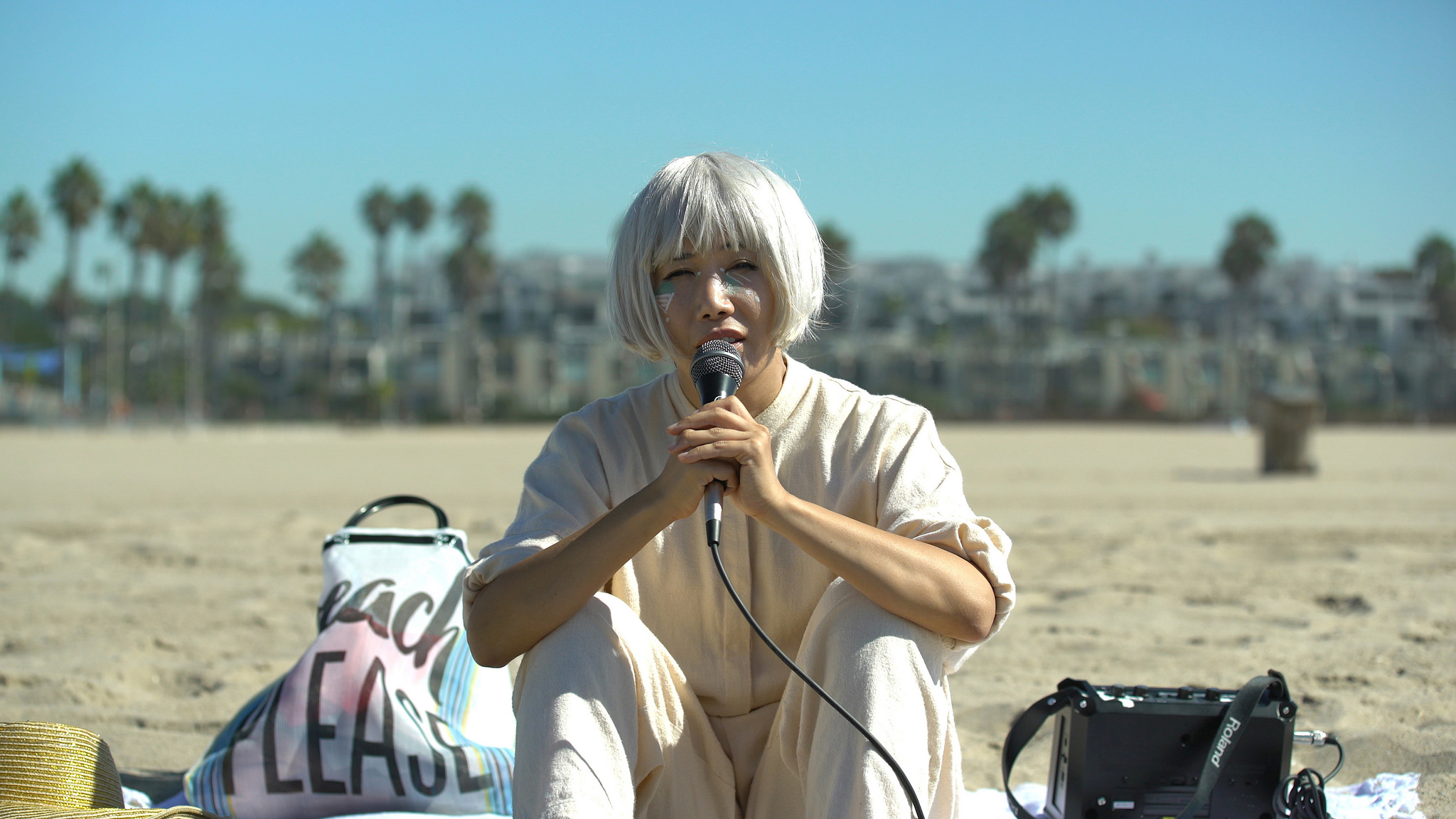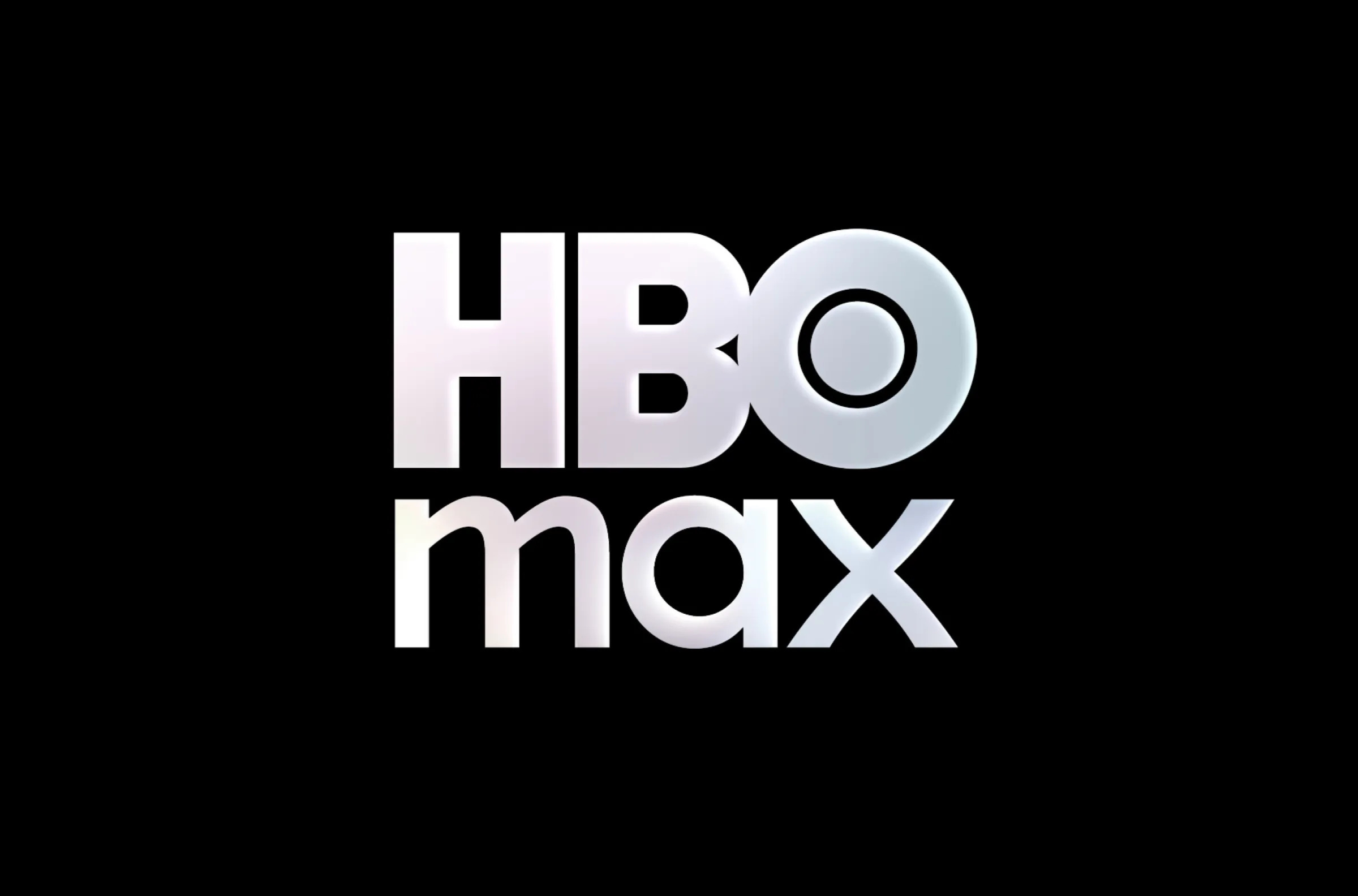
Performance artist Vivian Bang spoke with Solzy at the Movies over the weekend about White Rabbit, Sundance, and Asian-American representation in film.
Thanks for joining Solzy at the Movies today. How are things treating you?
Vivian Bang: You know it’s funny, after Sundance, anyone from the industry who saw White Rabbit keeps telling me that it’s a game changer for me, and although that’s very sweet, I think I already shifted my career when I gave myself permission to create stories that were my truths. I didn’t wait for someone else to give me this opportunity, I just made an art piece that I needed to tell and met a collaborator who really got it and together we made this film. And now after Sundance, I revert back to expecting some phone call where I’m being given opportunities and I think that causes a bit of heartbreak. Because things are changing—CHANGE is here but it’s still slow.
I had the opportunity to see White Rabbit during Sundance. While I found the film to be unique, what I truly loved about it was it offered the opportunity for an Asian-American to take on a leading role. Being a transgender woman myself, I know how hard it can be to see myself represented in leading roles. As far as yourself, has it been hard to find opportunities in leading roles?
Vivian Bang: Hard would be an understatement. I came to Los Angeles after years of performing in downtown experimental theater as a performance artist, (BIG ART GROUP) collaborating to shows that delves deeply with our world. I moved to Los Angeles super naive, thinking that I could easily meet with like-minded commercial filmmakers and TV producers. Everyone told me I’d have to start all over and it’s a different landscape but I was cocky and didn’t listen. I arrived already having great representation with well respected agents and managers. Even though I had so much great feedback and so close to many projects, I didn’t book anything for a long time that really showed my story telling skills. Then somehow, without knowing you get placed in a box. If I made money in a sit-com, they categorize you as a sit-com person. Or a comedic actress. But more than this yes… it’s hard to escape being boxed as “the other” and to convince people who can hire you to think of you as a leading star instead of a token minority. I’ve been lucky enough to be invited sort of to the table. I’ve been making a living as a working actor in Hollywood for over a decade. I’ve played the Chinese takeout lady, the Vietnamese nail salon owner, Korean store lady. I remember even my most progressive friends telling me “You’re soooo talented, I totally see you as the best friend.” Why the best friend? Why not the lead?
I wasn’t going to be given some role that would show people that I am a human being like you and can be the hero of my own story. We are fighting absence in Hollywood. If we are not represented, Asian Americans become dehumanized and continue to be placed in this “other” category. So I really had to create my own story because it occurred to me that maybe those in charge don’t know my story. Ha.
Does financing seem to be a major issue when it comes to minorities starring in a leading role?
Vivian Bang: You really understand who people are by seeing what they spend their money on. When you ask them to give you money, that’s when you find out what they care about. So when studios and other productions are not giving money to make a film about an Asian American Female, you know that where they stand.
YES! It’s sooooo hard to convince someone to let you tell a story about an Asian American Female. Almost impossible. Who would play her? Who could carry a film? In our case, we funded this ourselves. We just believed in what we were doing but as filmmakers know, you get to a point where you are making it yourself—a lot of it but then hit a point where you need more money. Lots more. Luckily we had something to show so we secured a private funder who really believed in our project after seeing what we made so far. But even after we make the film, it’s a hurdle to get it to the audience.
Financing is hard for everyone. We live in capitalism. But just like we think we are free consumers and we have some choice in what we buy, it’s not always true. If it’s not available at your store, you can’t purchase it. Or if it doesn’t pop up in your feed, you’d never know it even existed to buy it. Same in Indie films… so many great films out there…and nobody knows it exists. Getting your film is hard but getting it to people is hard too. All of it is hard.
But that’s why we have to support films like White Rabbit. Things are changing though because I think we are calling out studios and the Oscars for this absence. We are shaming them to do the right thing and be more proactive in making content and stories that are more inclusive. So right now is a very exciting time, if you have good projects in mind.
Was this your first Sundance? If so, what did you enjoy about the experience and what advice would you offer to the first-time attendee in future years that are coming to represent a film?
Vivian Bang: This was my first Sundance. So funny I was so sick before Sundance, I had this crazy flu that everyone got last winter, and I arrived to Park City without a voice. And I still wanted to let people know about our film, so I wore a White Rabbit costume my neighbor Dee hand-sewed and walked around Park City. It was a great way to connect to people. It’s incredible to be surrounded with some of the most creative talents making fun stories and this year it was one of the most Inclusive selections and outside thinkers I’ve met. I wore this Rabbit suit around town, and took the shuttle to a friend’s screening. I had to change in the bus and there was a group of French filmmakers who really got a kick out of my transformation.
When you have a film at Sundance, you rarely have time to check out other’s films. I made a whole list of films I wanted to see but quickly realized I would have no time, since I’m meeting with journalists, doing panels, and radio shows to promote White Rabbit. It was super sad, but I did get to meet some amazing artists doing panels and parties simply because I was curious to know what they were doing. I connected with so many great producers and directors and these are the people I will be working on my next project with. So it’s just magic when you bring together a group of curious minds. I heard once, “How do you solve world problems”…”You just have to bring together great minds from all different disciplines and have a potluck.”
Daryl Wein directed the film after co-writing the script with you. How did this whole process come together?
Vivian Bang: So the story is that I actually tried to get a quilt-like film made years ago with 10 female directors and when I couldn’t secure funding to make that project, I was so depressed and dormant. And it was harder to get back up and try again. But after the election, I got so angry and had so much to say about the divisiveness of our country, I made a performance piece at REDCAT theater called “CAN YOU HEAR ME/LA 92” taking on the persona of a WHITE SHAMAN/clown/a truth sayer who decolonized the LA riots from a total KOREAN AMERICAN perspective, since that has not really been investigated. In the audience was Daryl Wein, a filmmaker, who truly HEARD ME. He asked if I would collaborate on a film with him and document part of this piece. And although it became a life of it’s own, and more a personal journey of an artist living in LA, it does capture some of my performances and some of the questions I had about race, identity, the economy, social representation, etc.
White Rabbit is playing Outfest next. What’s next for the film’s future?
Vivian Bang: We did get distribution so it will be at LA theaters later in the year & available online of course but we are currently doing the festival circuit and playing all over the country and international but waiting to hear from more.
Thanks again for your time.
Next up for White Rabbit is the 2018 Wicked Queer Film Festival.



